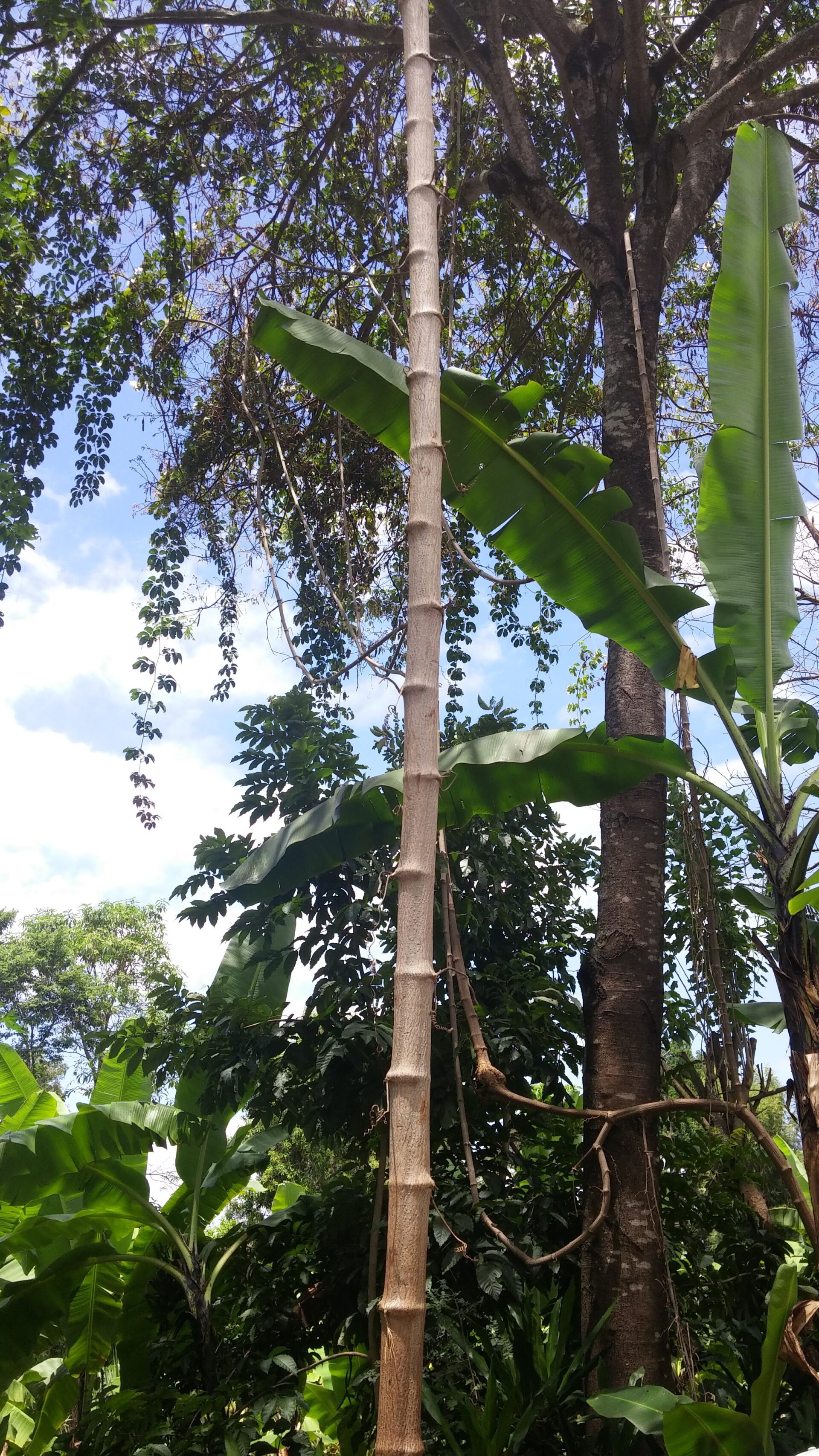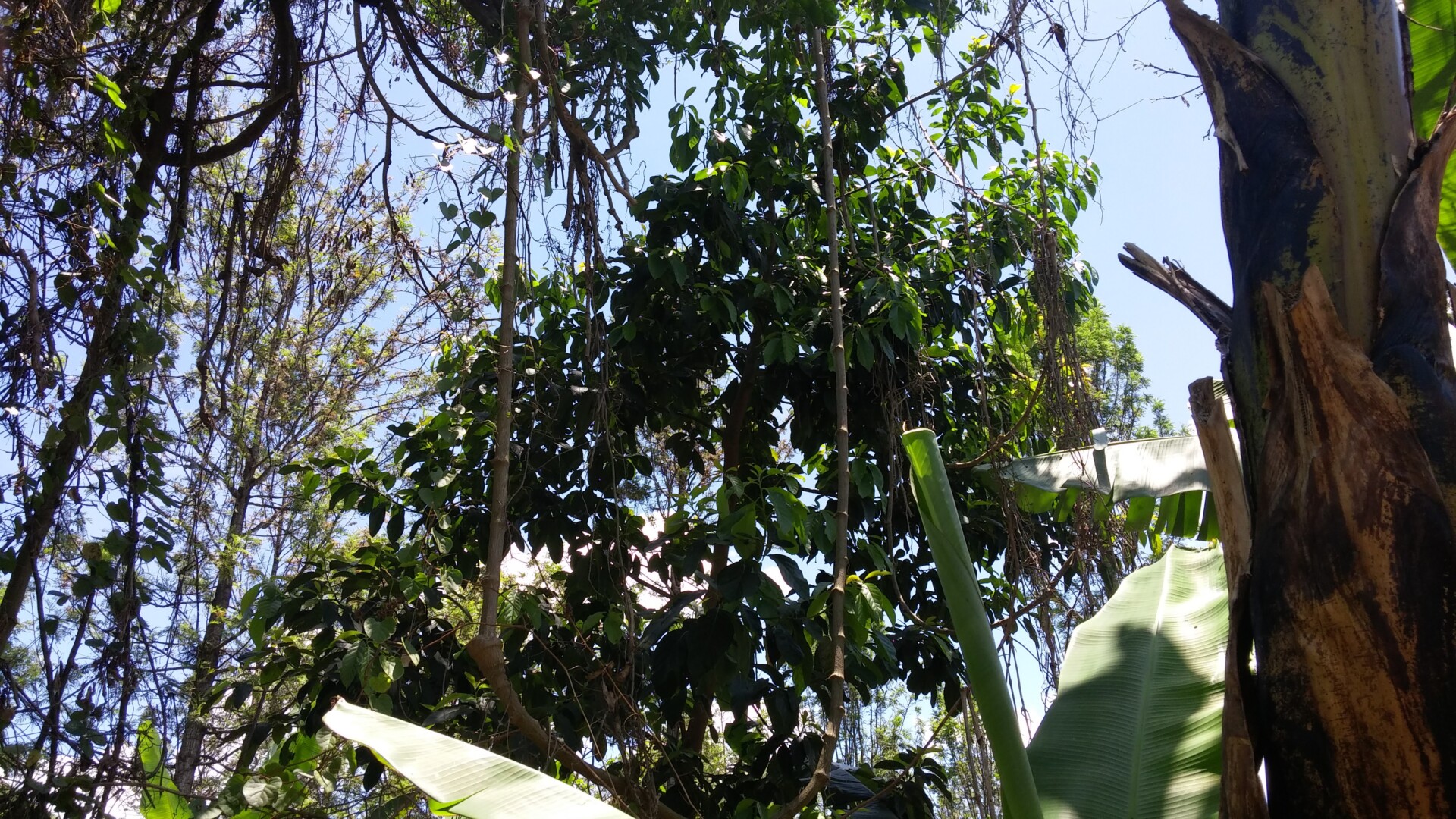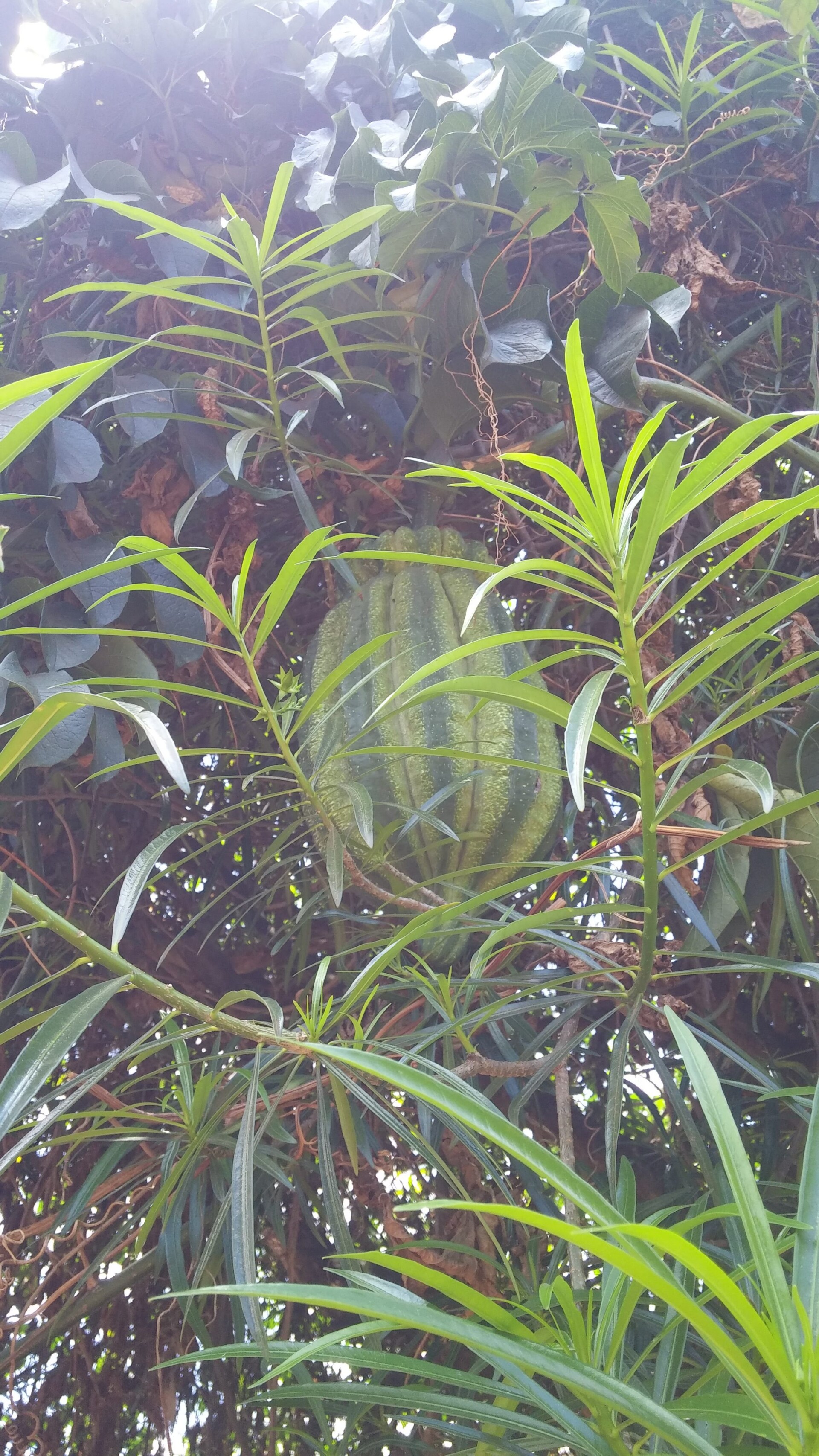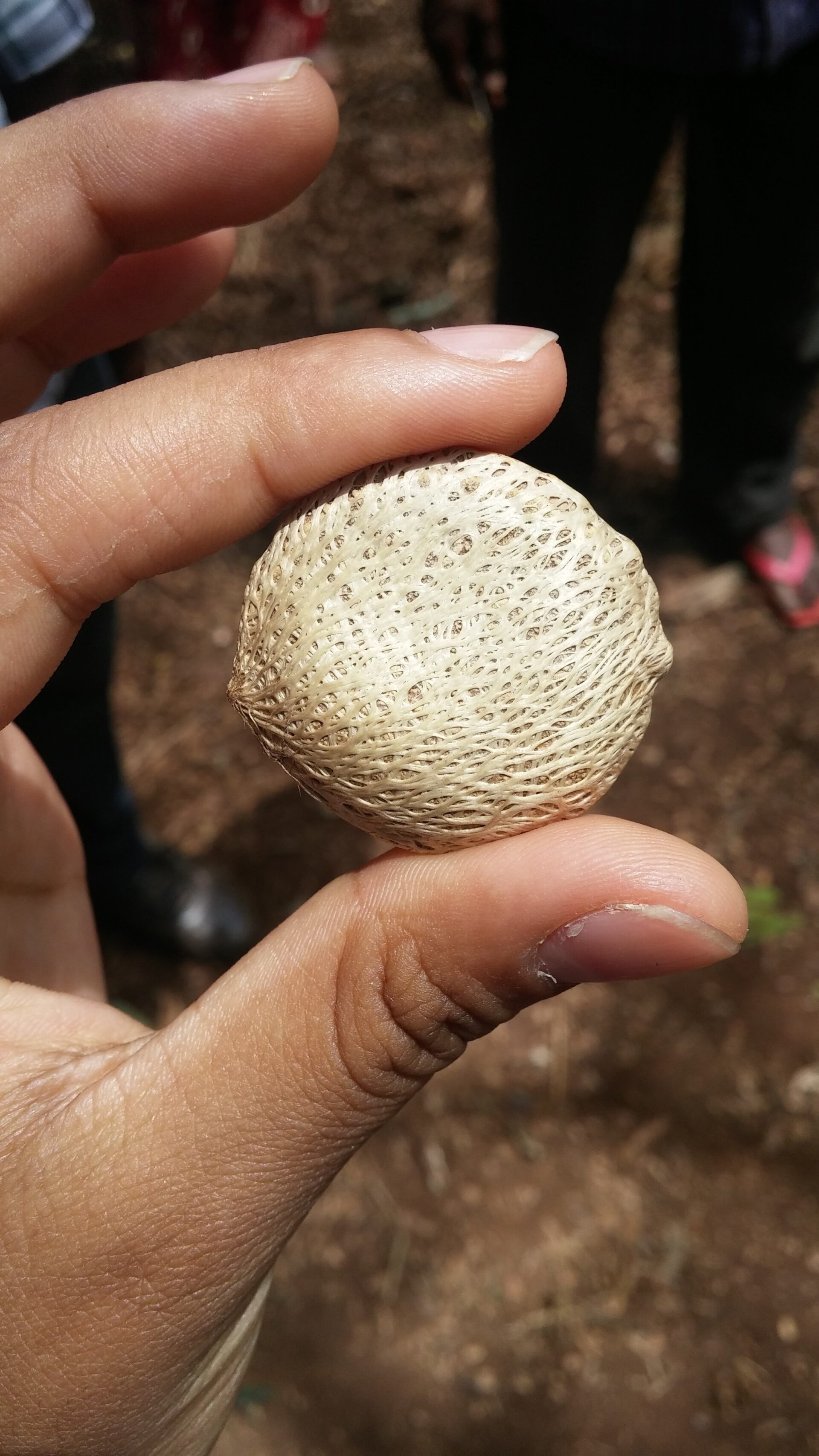
How One Plant Can Save An Entire Ecosystem
There was a UNDP project from 2002-2008 that involved 20 oyster nut farmers from the Mt.Kilimanjaro region. Here’s the catch, no one seems to know why this project ended, how it was conducted, who the farmers were, or what the market looked like. This 7 year project has absolutely no evidence of it ever happening. There have been extensive manhunts to find out what had happened to this project, however, either no one knows what is happening or is willing to speak up.
So, what are oyster nuts and why are people interested in them?
Oyster nuts are seen as a “circular economic product”. This means that these vines have the potential to protect the forest, provide employment, and food security. These nuts are one of the healthiest sources of food in the world and are indigenous to Tanzania. Here is the link for more information on oyster nuts: http://www.biodiversity-products.com/products/tanzania/oyster-nut/
The oyster nut vine must be planted near a tree that is strong enough for the vine to hold onto and the tree must has a large crown to protect the vine from the sun. The more trees farmers plant the faster they can rehabilitate the forest on the slopes of Kilimanjaro. The cultivation of land to grow maize and rice has destroyed many forested areas in the region. The cultivation of these cash crops have closed off corridors which elephants use for migration. Consequently, elephants are walking through forested area and contributing to deforestation. Moreover, in connection to deforestation, logging is another issue as fire wood is used in the daily lives of many Tanzanians who contribute to the market for wood which provides incomes. Therefore, if we can convince farmers to diversify and plant oyster nut vines, we can potentially rehabilitate the ravished forest area, increase incomes and reduce food insecurity.
Since there is no data on oyster nuts, we were asked to go to villages and use our networking connections to find farmers. Every farmer we have encountered have been extremely kind to us in providing information about the price and weight at which they sell at. They have also told us when they started growing and if the vines are female or male.
Corruption is a serious barrier to development. A retired linguistics professor from the University of Dar es Salaam who is now a farmer, says his experience with corruption involving authorities encroaching his farm and threatening him to get a permit and pay a fine. He owns the land, therefore, he doesn’t need a permit. He also mentioned illegal logging occurring in protected forested areas as there are people who need incomes to sustain their livelihoods.
Oyster nuts provides the opportunity for my organisation to mobilise farmers to be their own activists in protecting their farmland. We can assist farmers to open a new window for Tanzanians to involve themselves in sustainable agriculture and economics. The slogan my organisation goes by is “the defender of the farmer is the farmer themself”. By creating a potentially profitable market, which Europeans are currently demanding, can give smallholder farmers the evidence they need to show the government on how important farmers are for protecting the ecosystems humans depend on.




